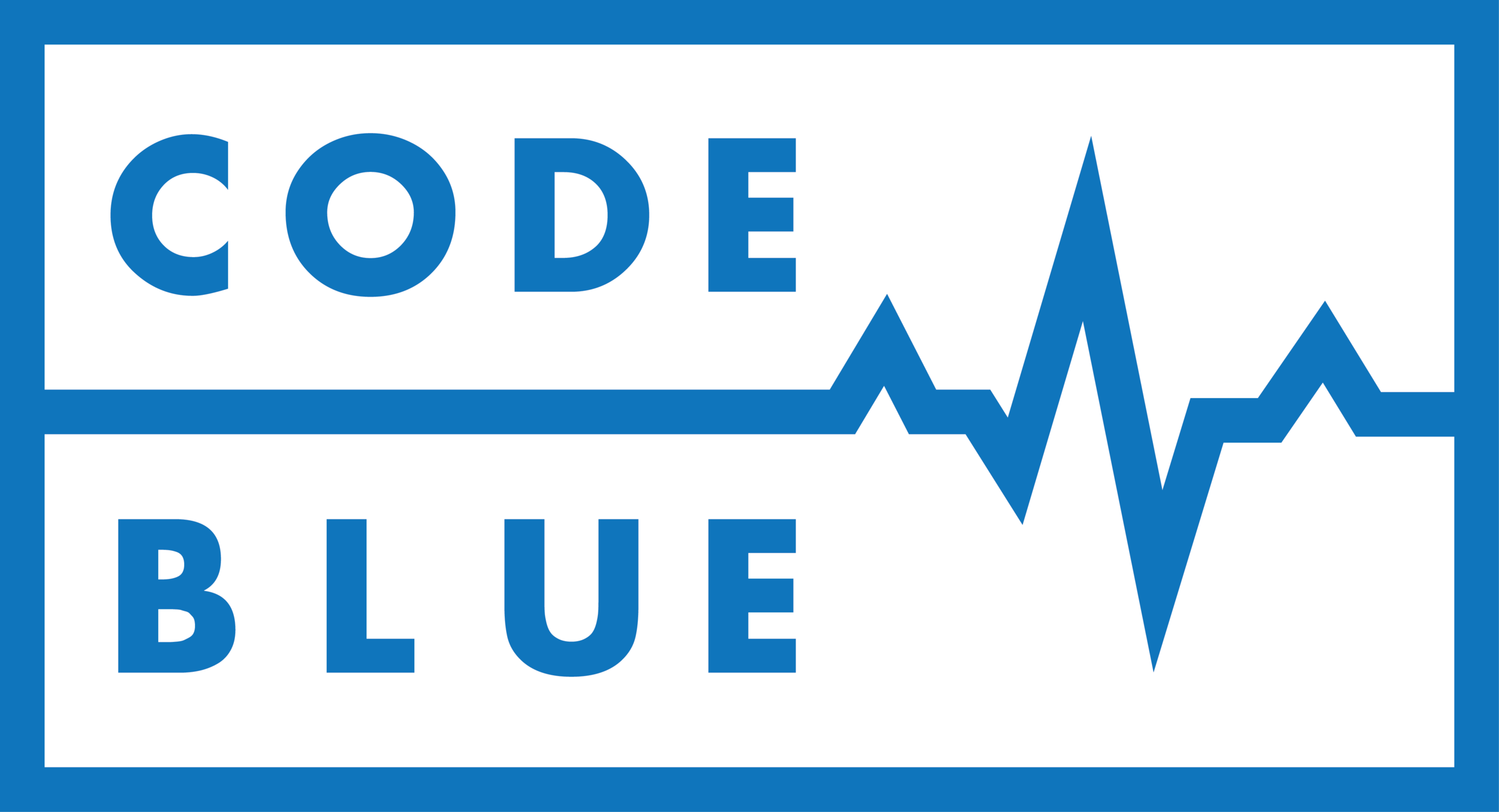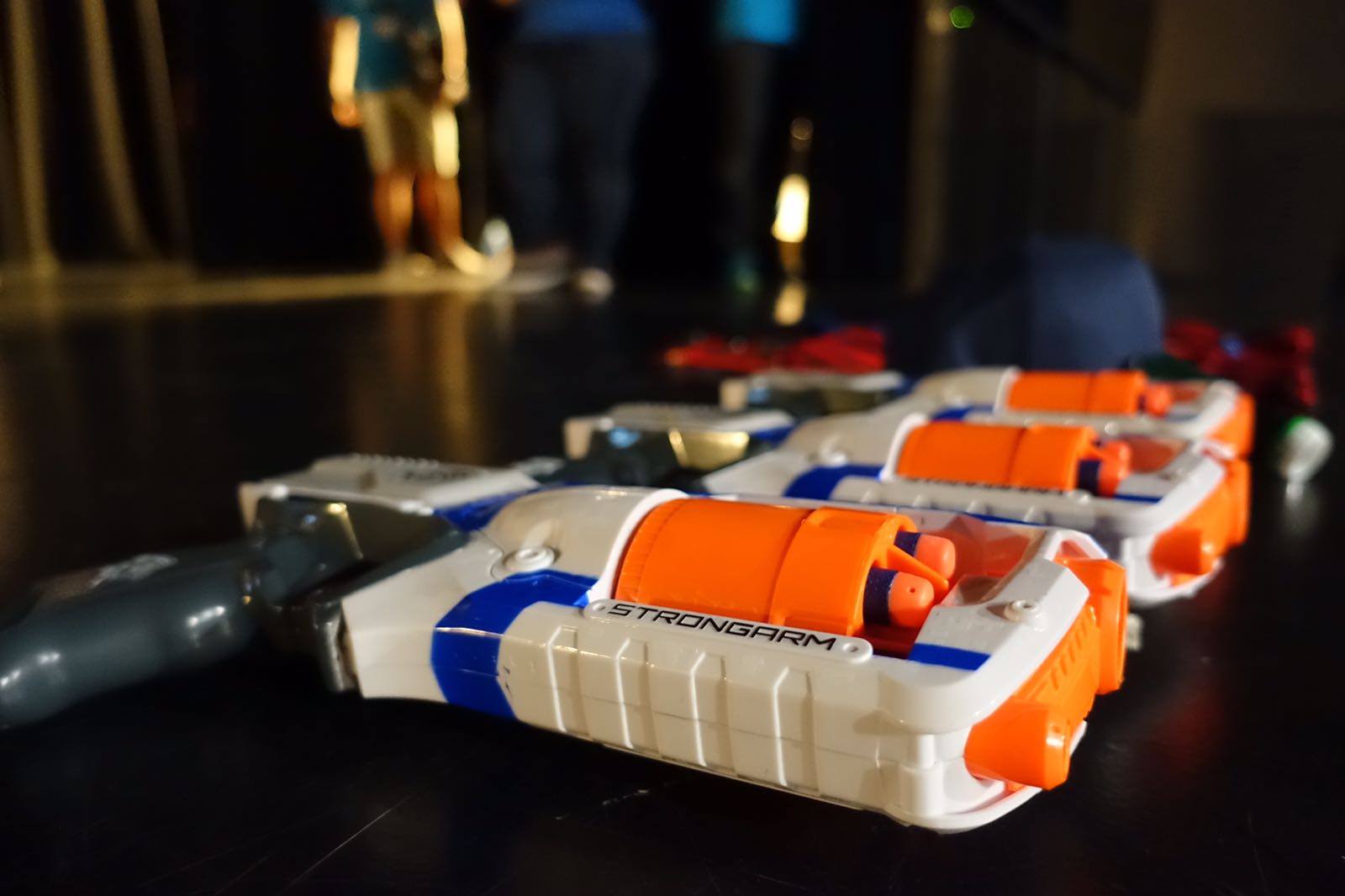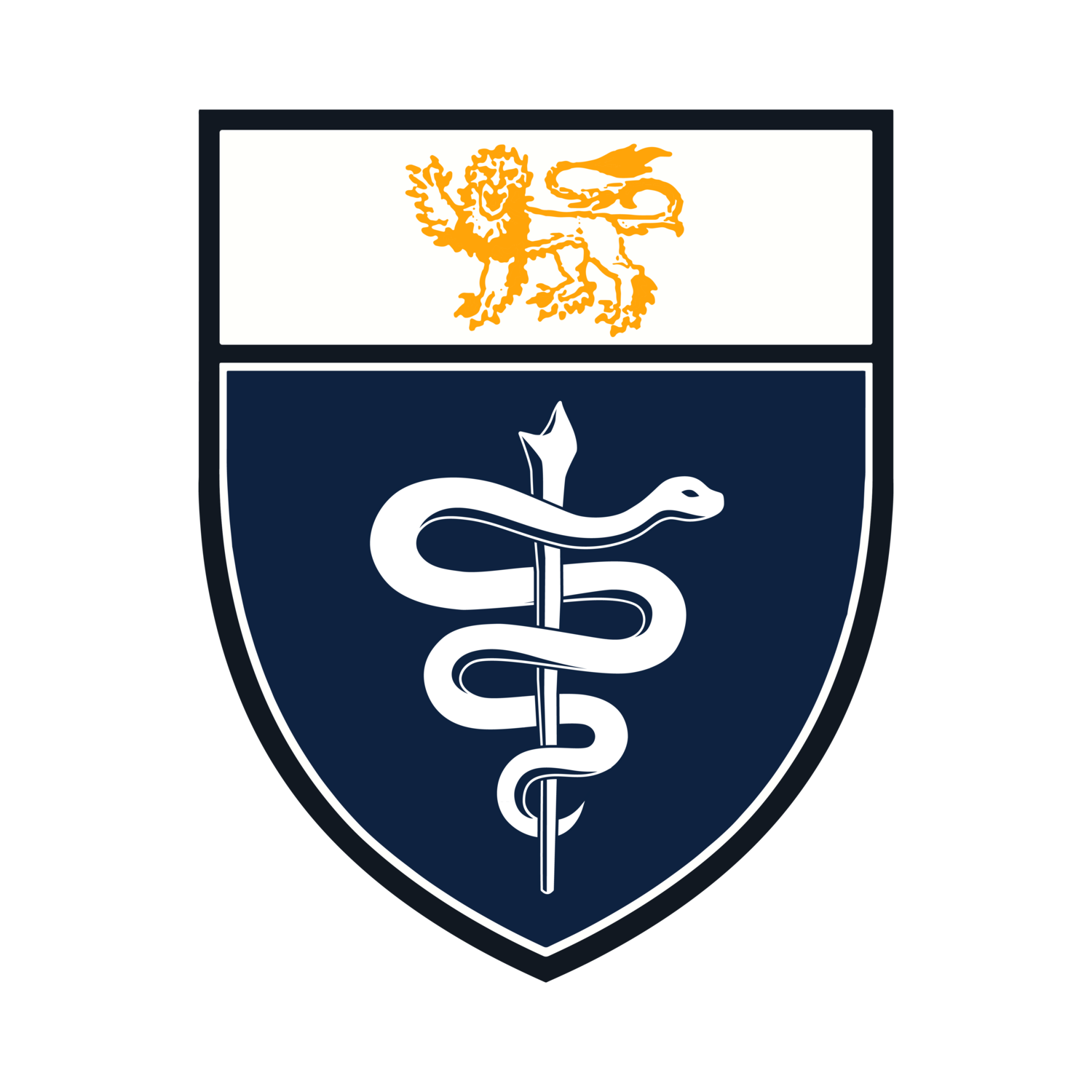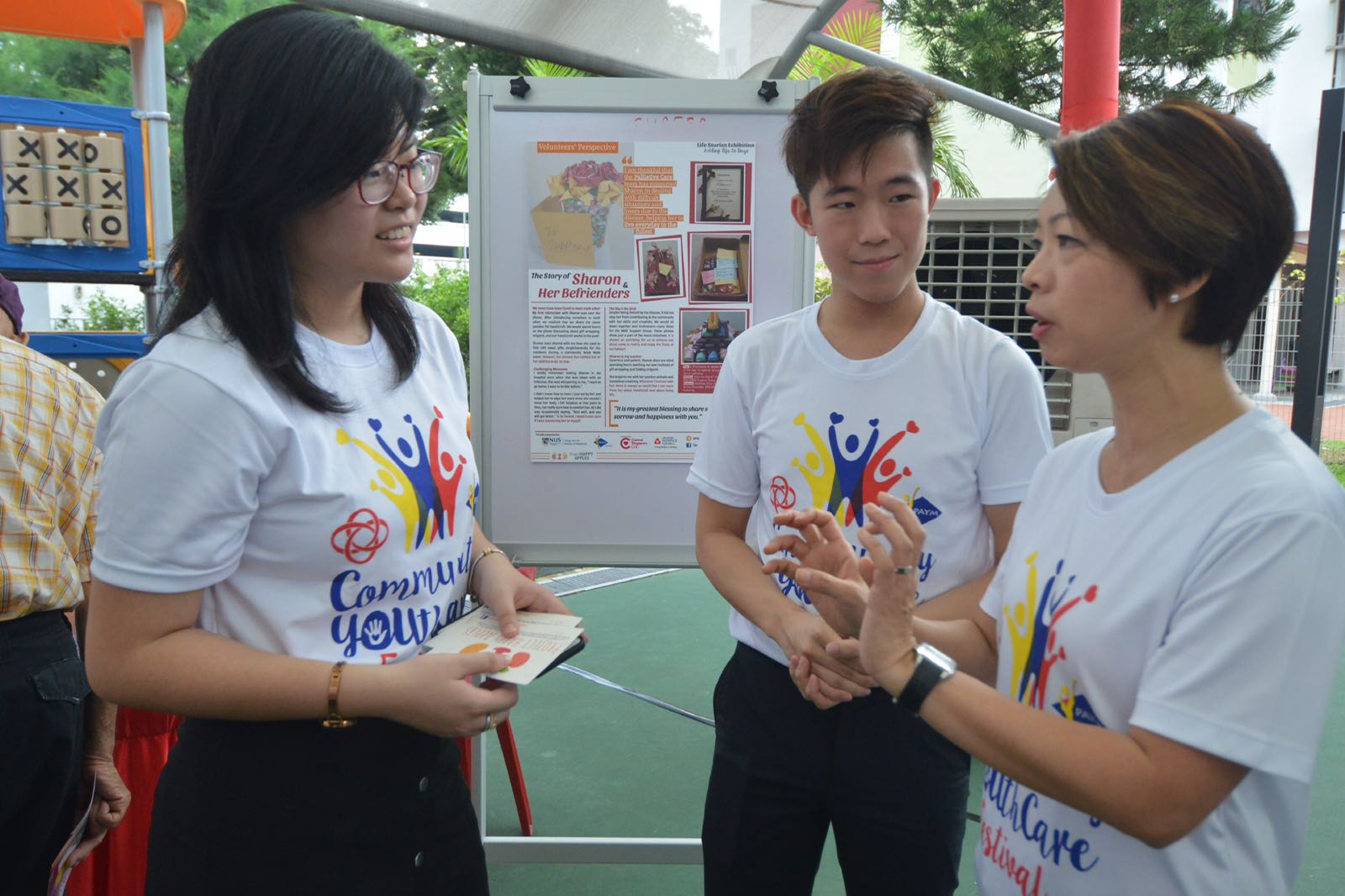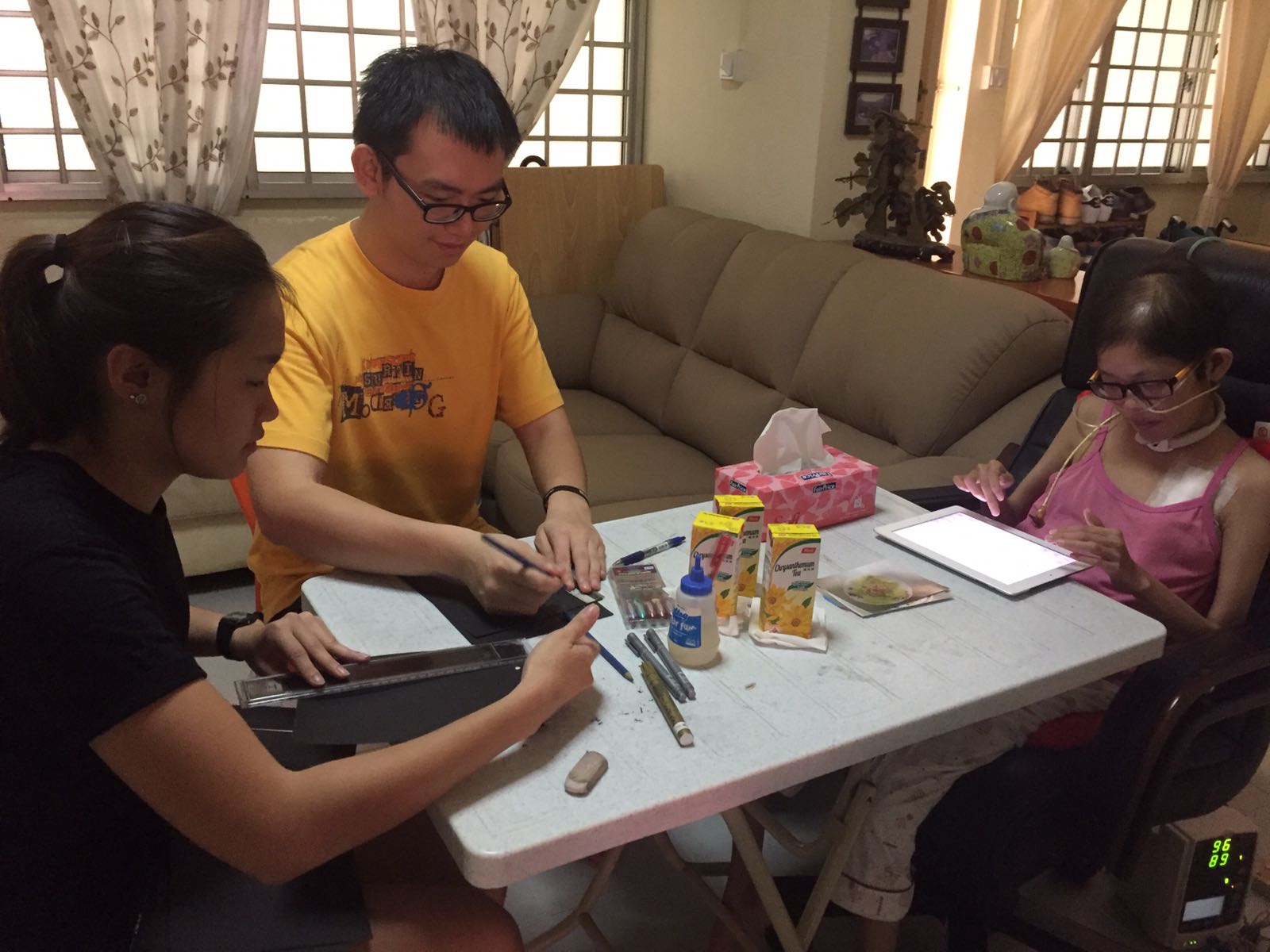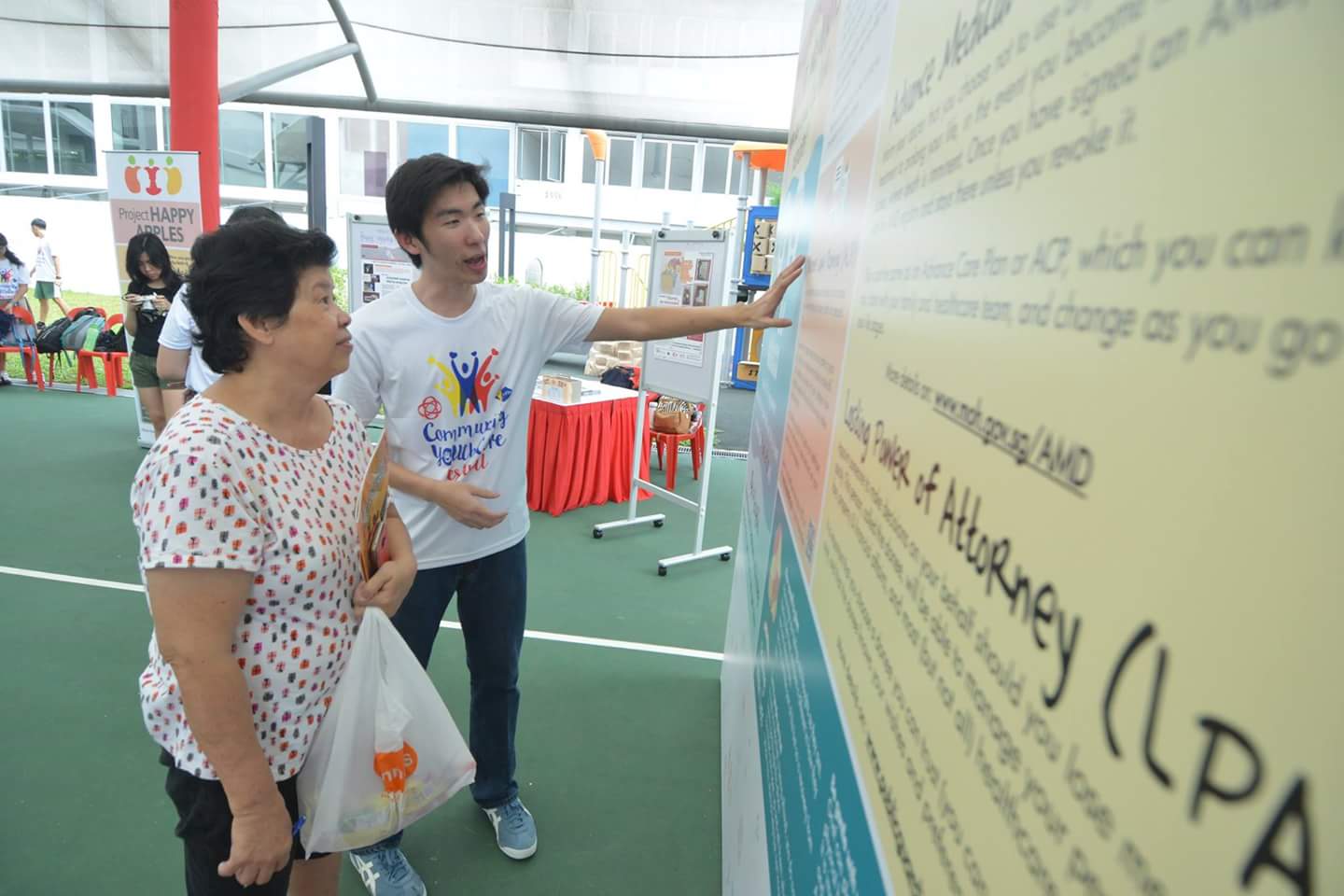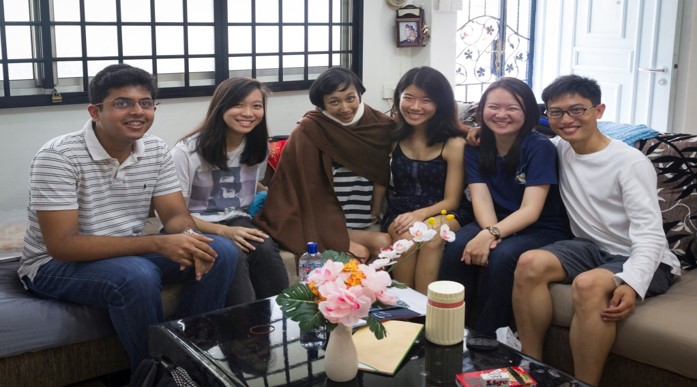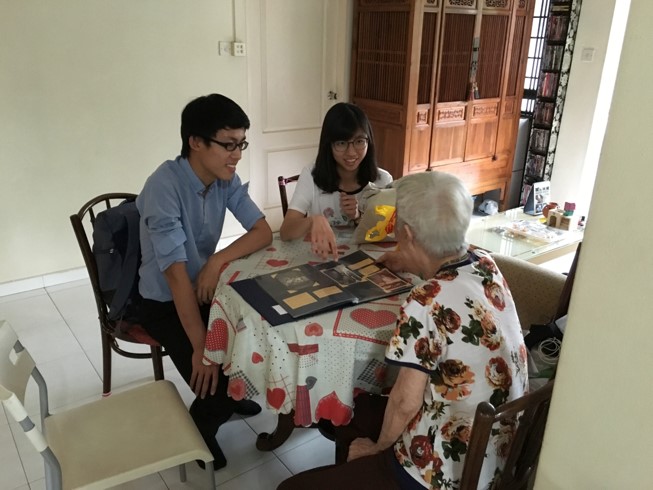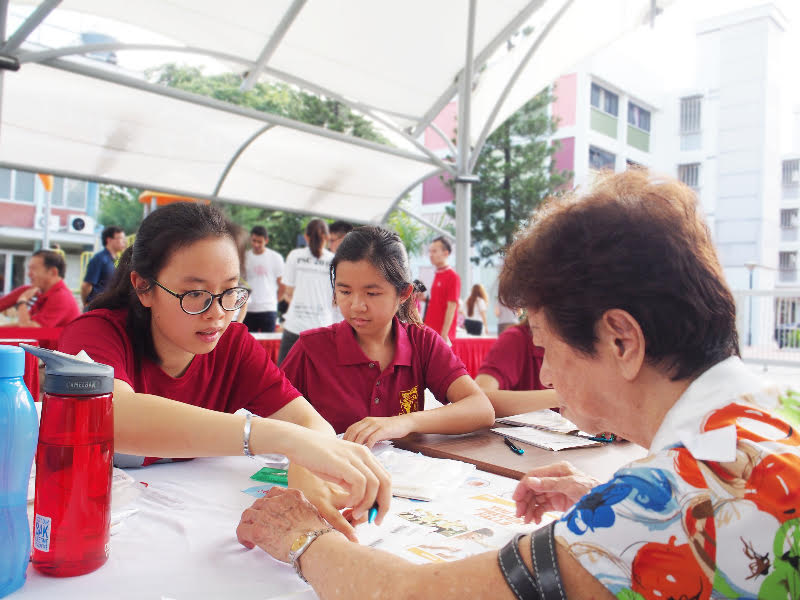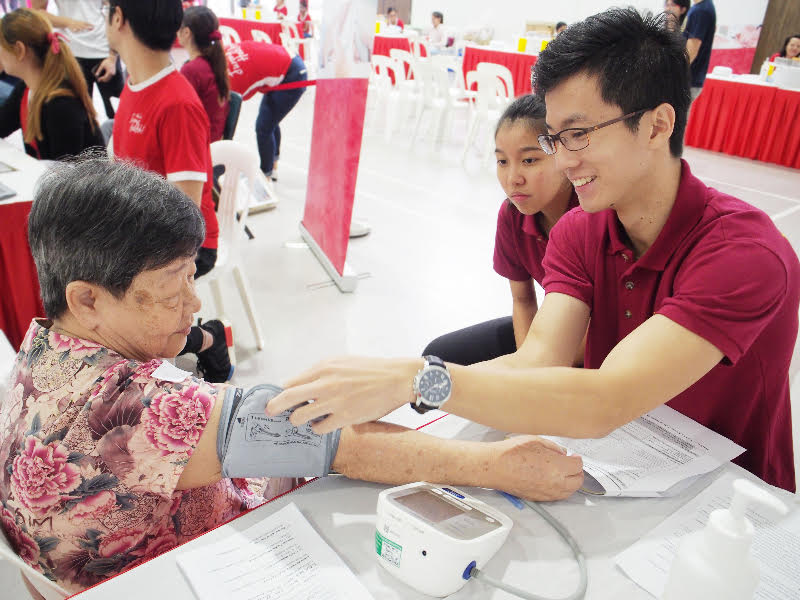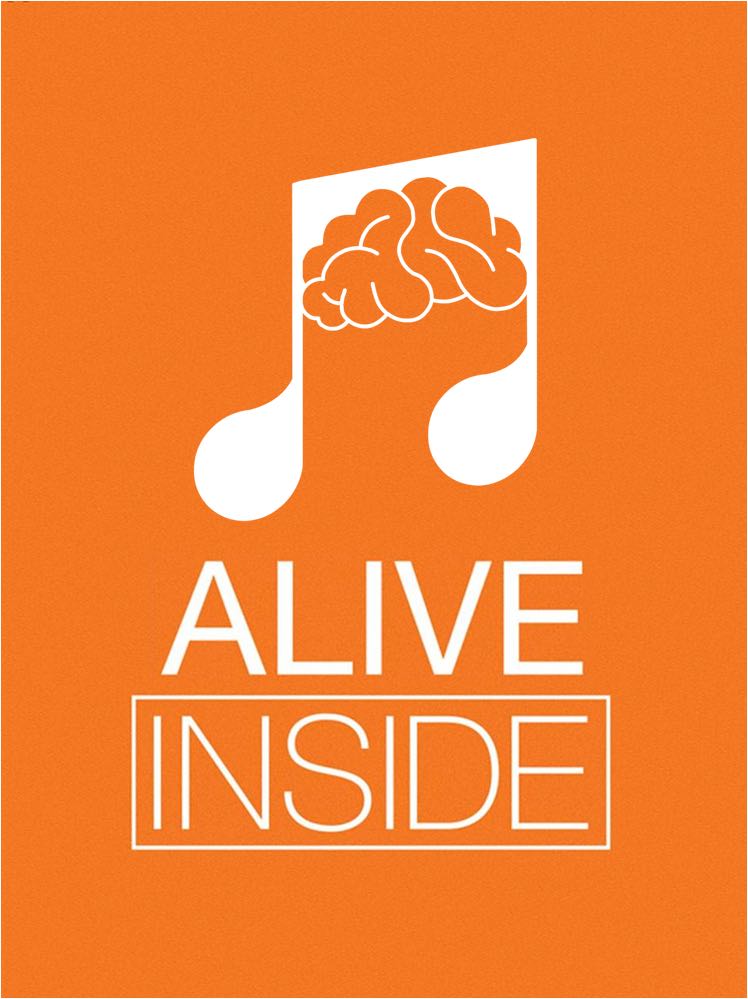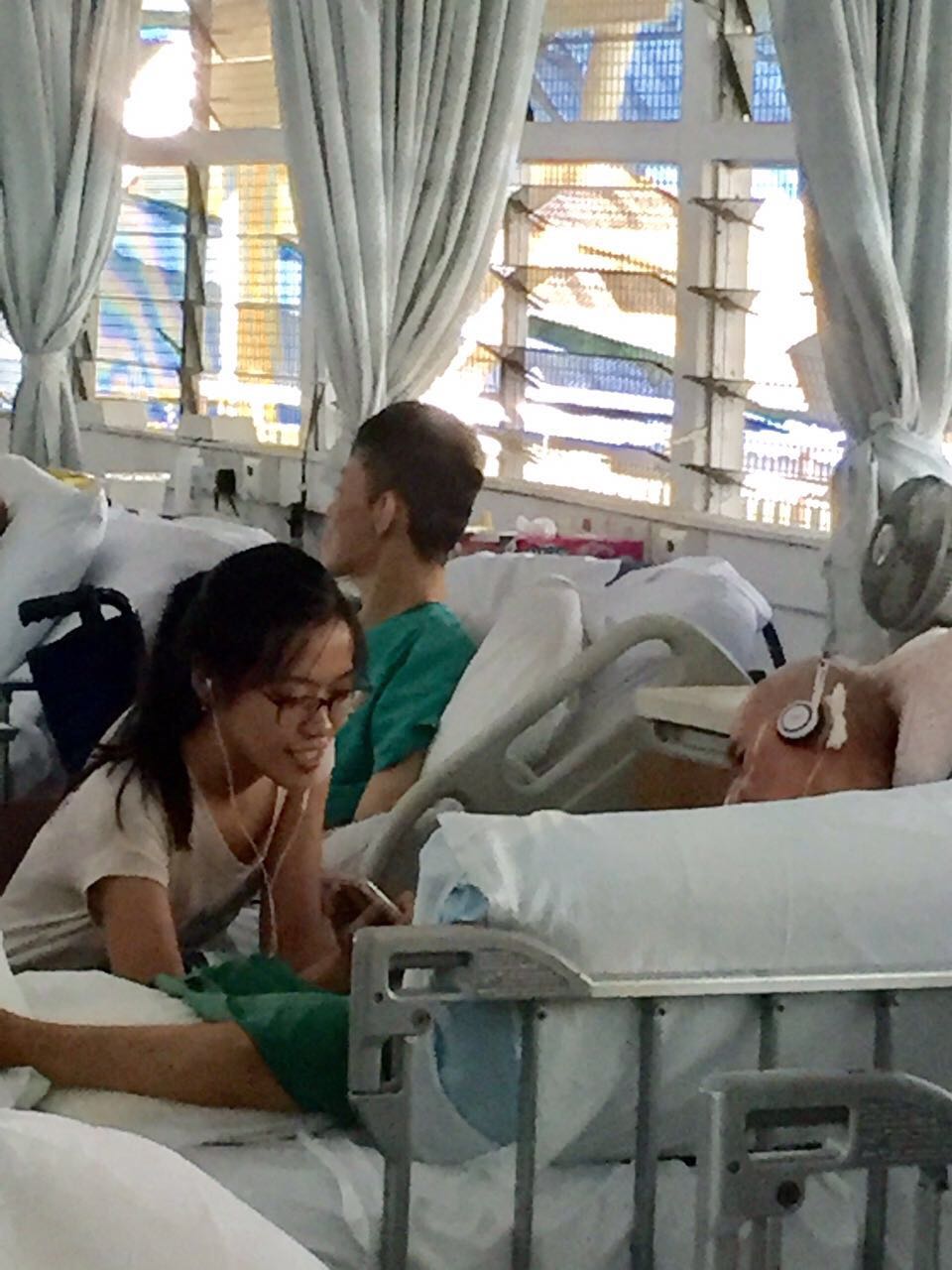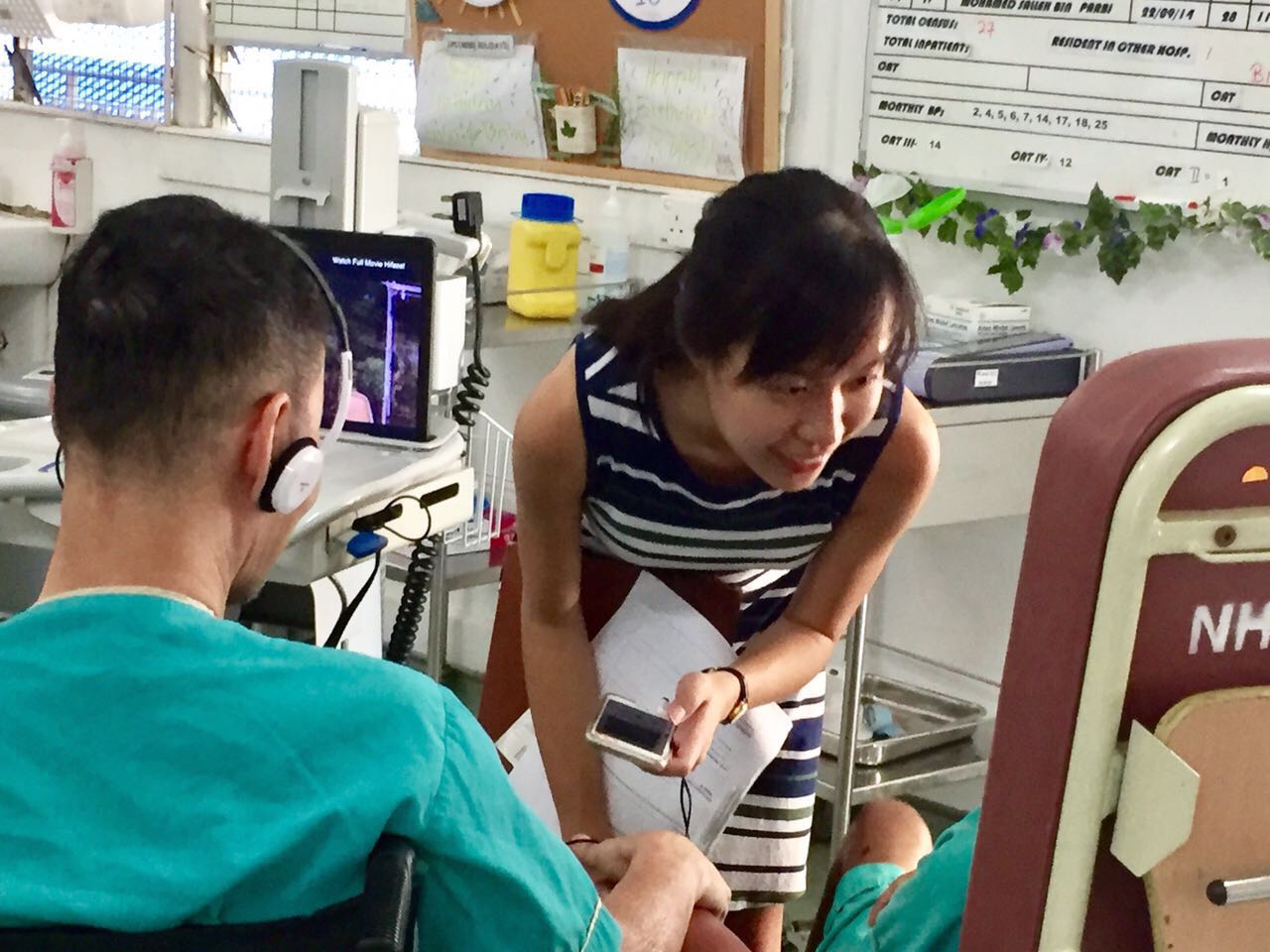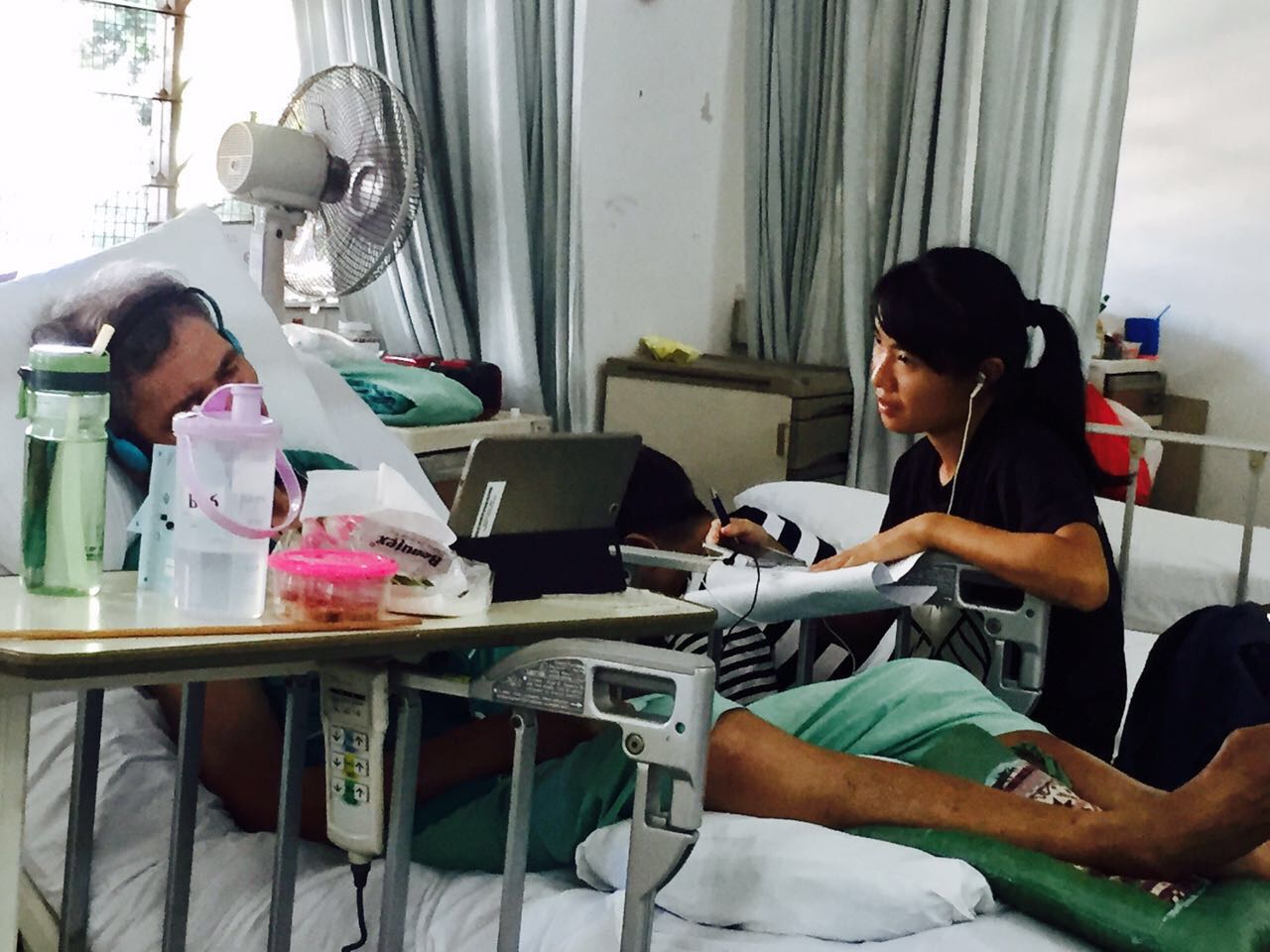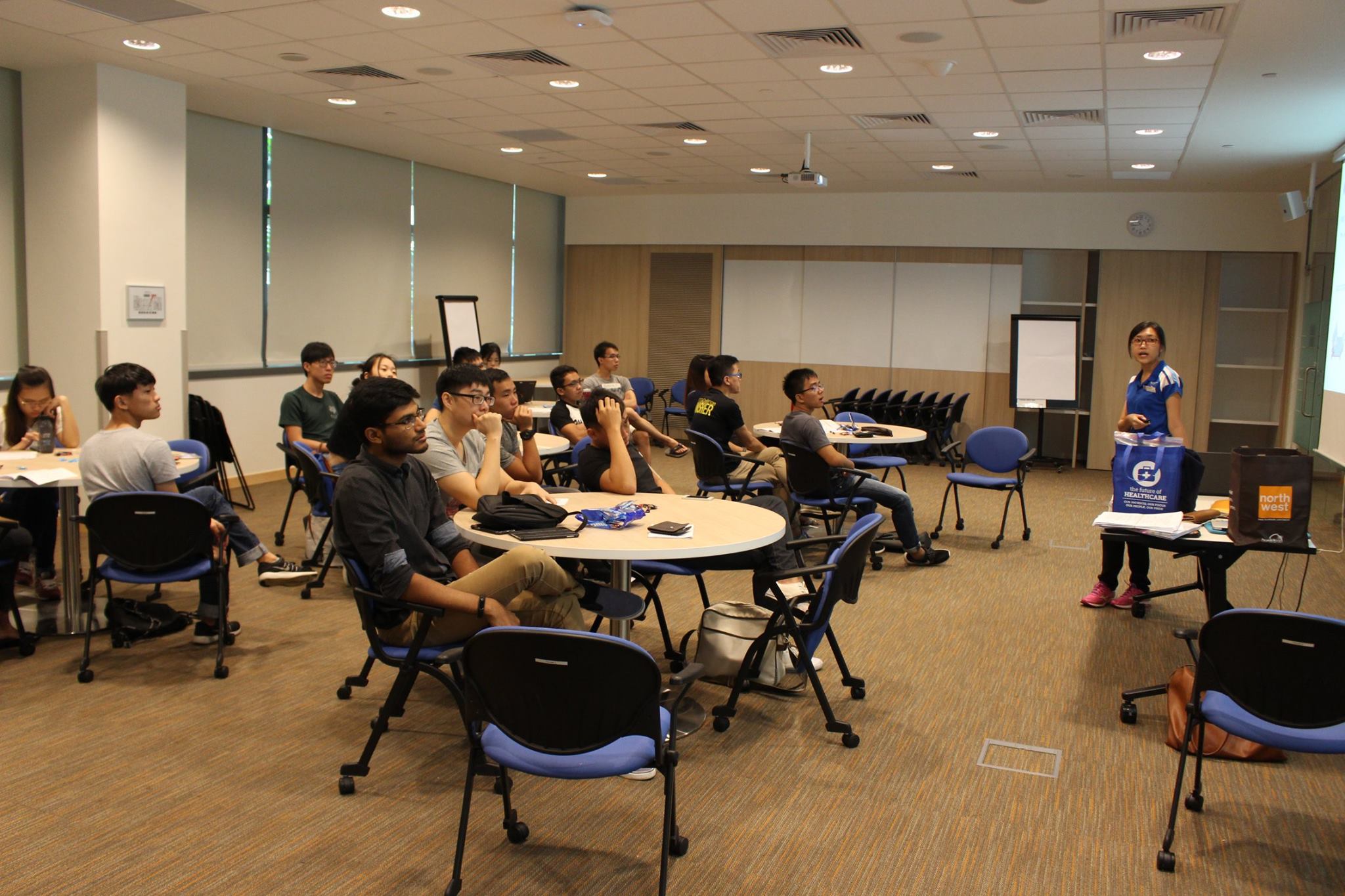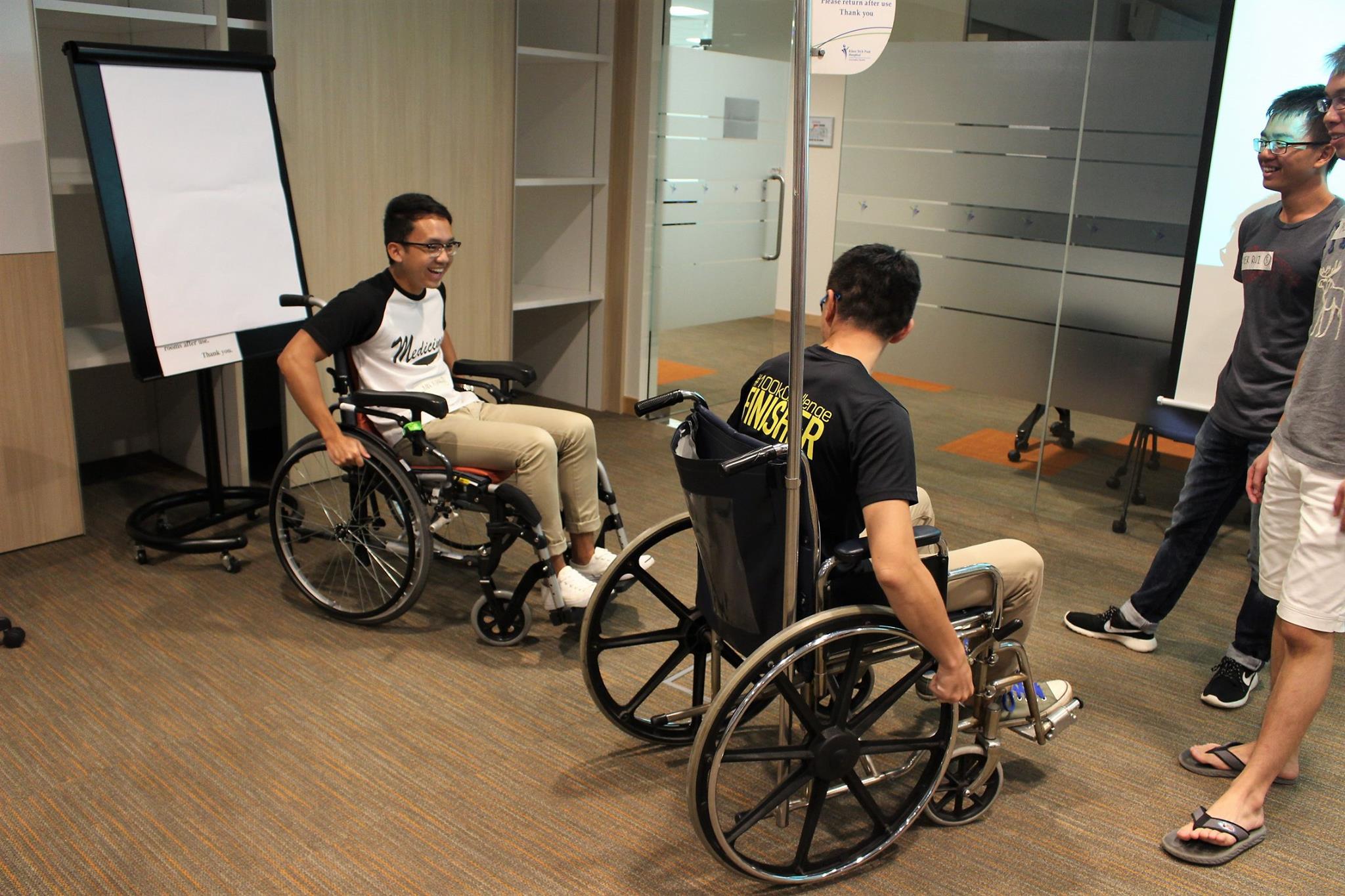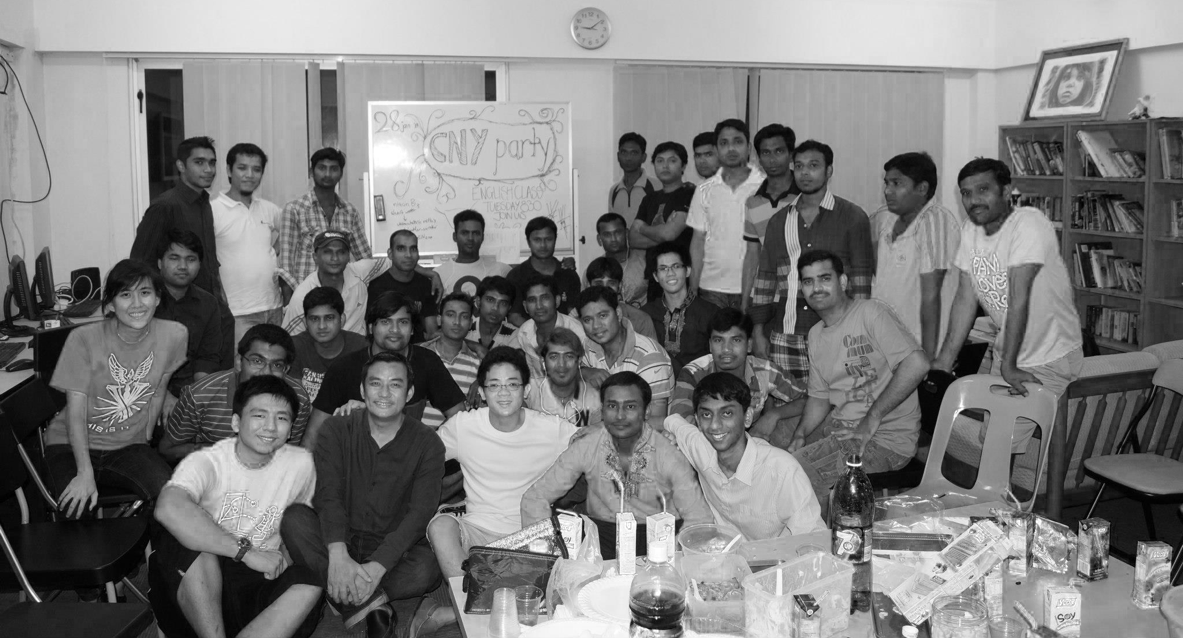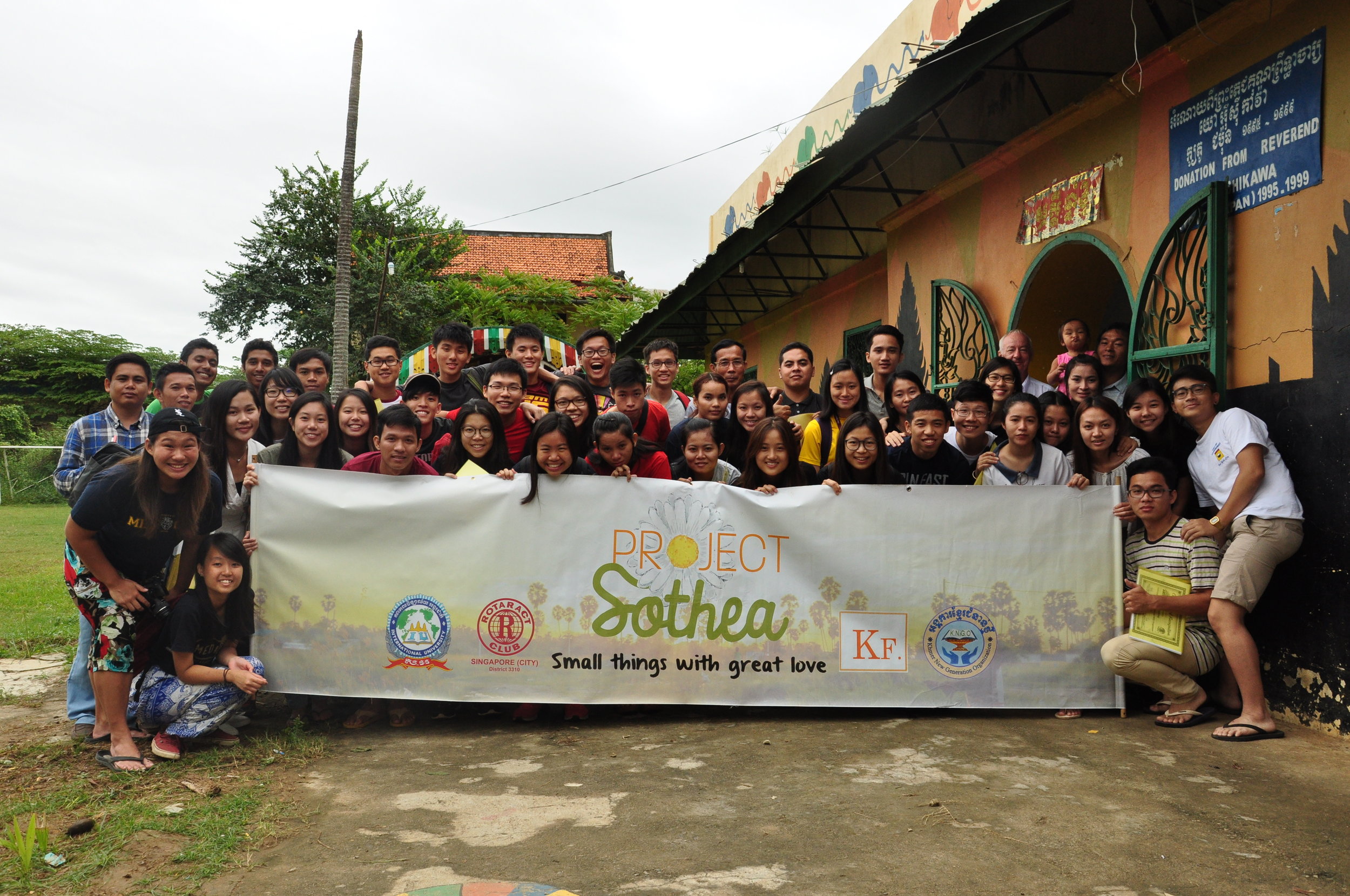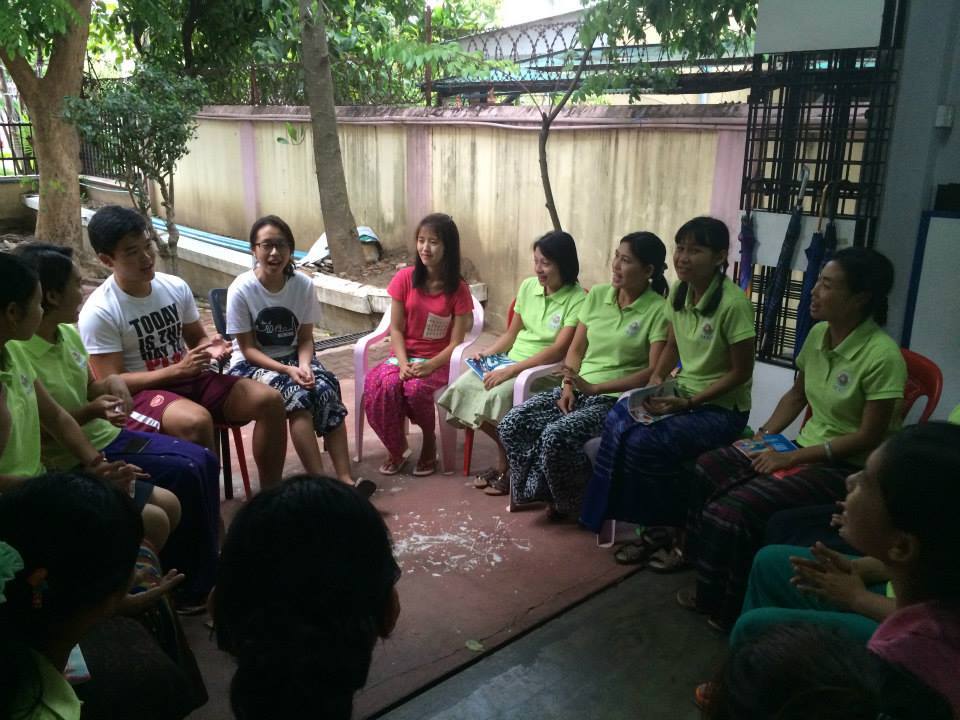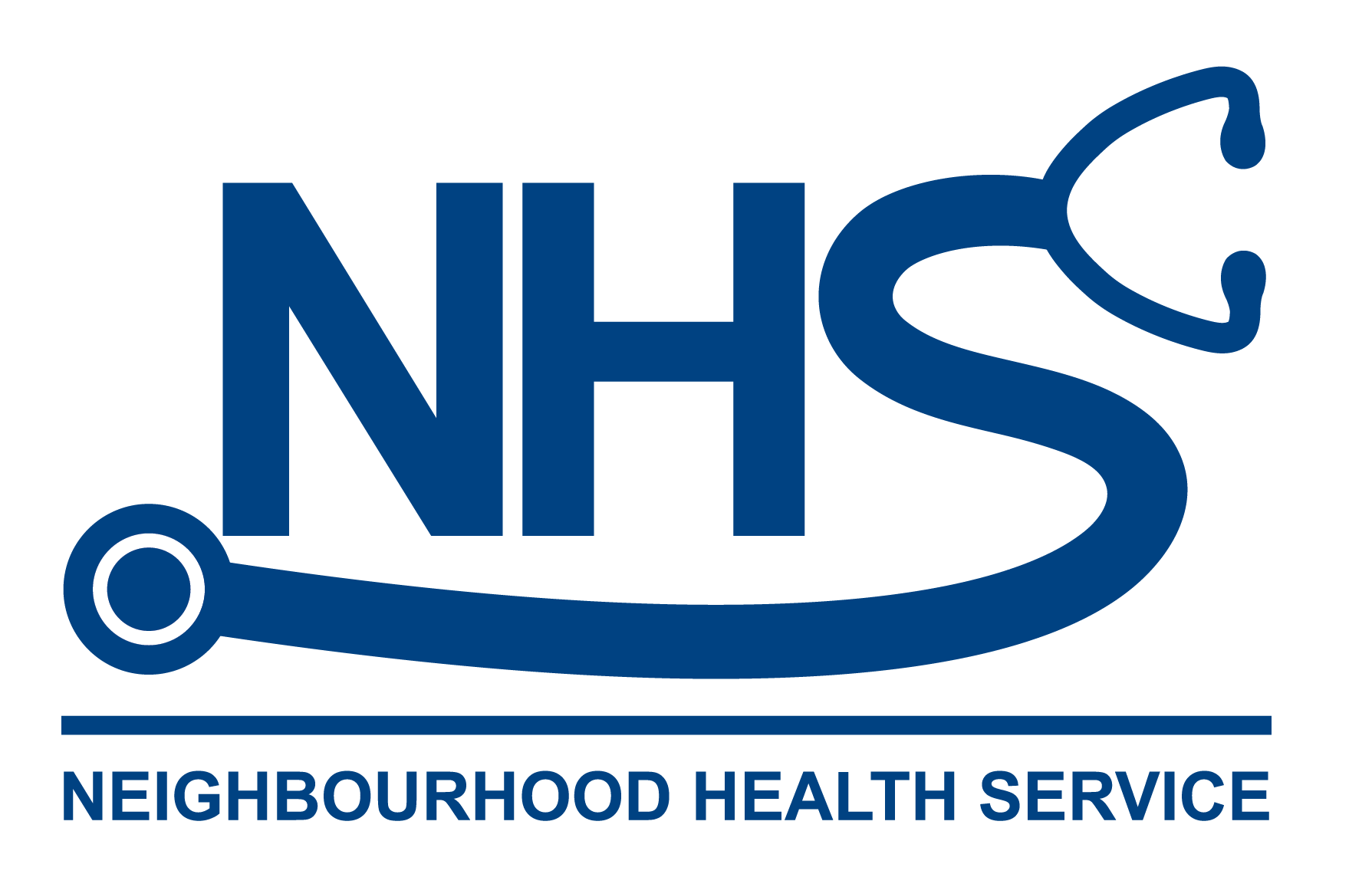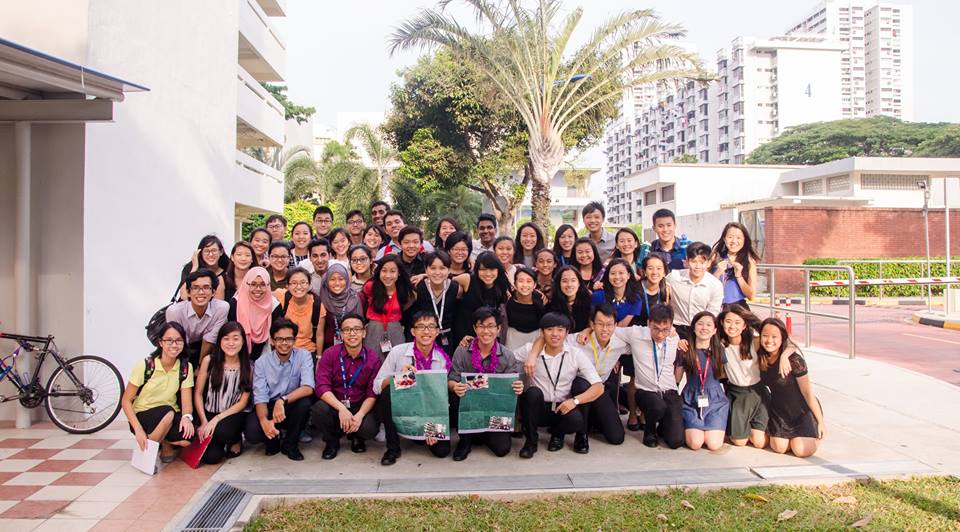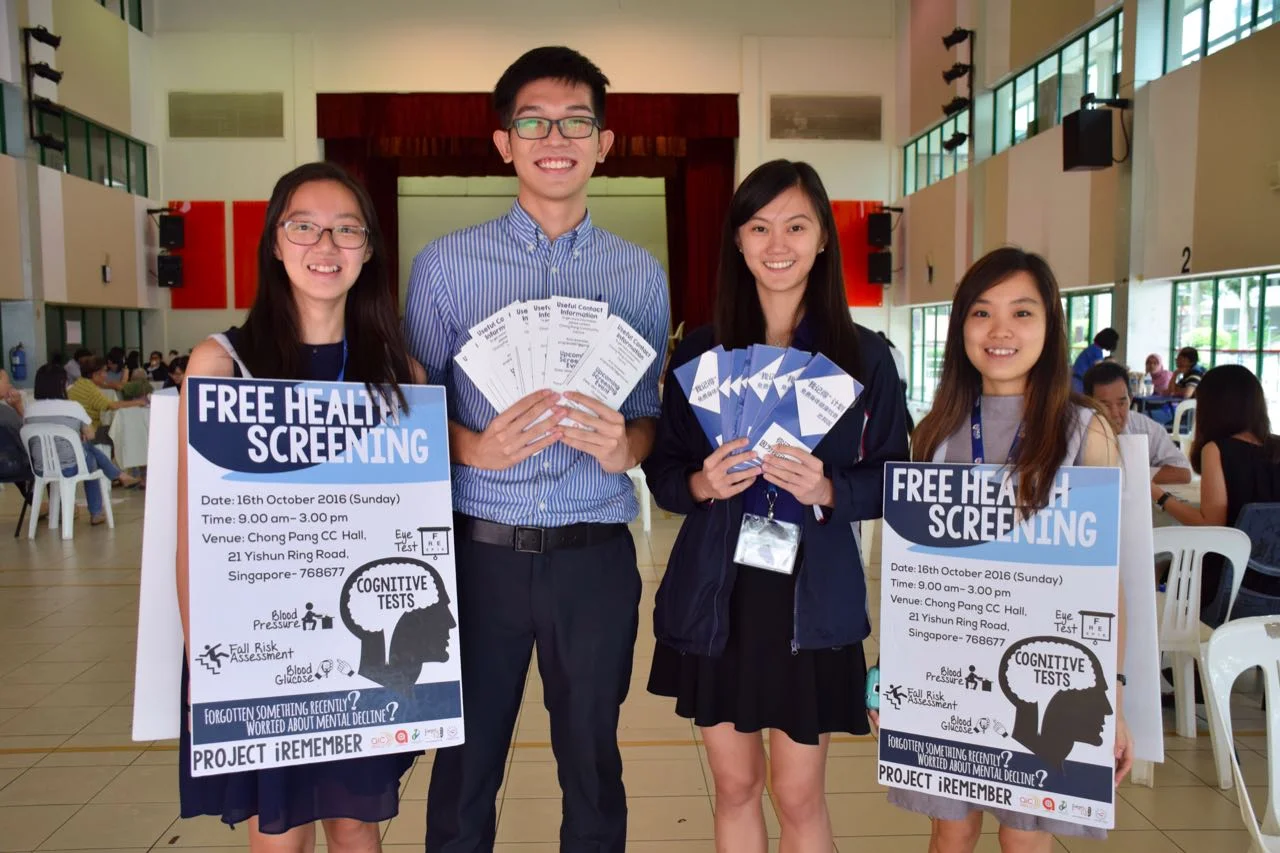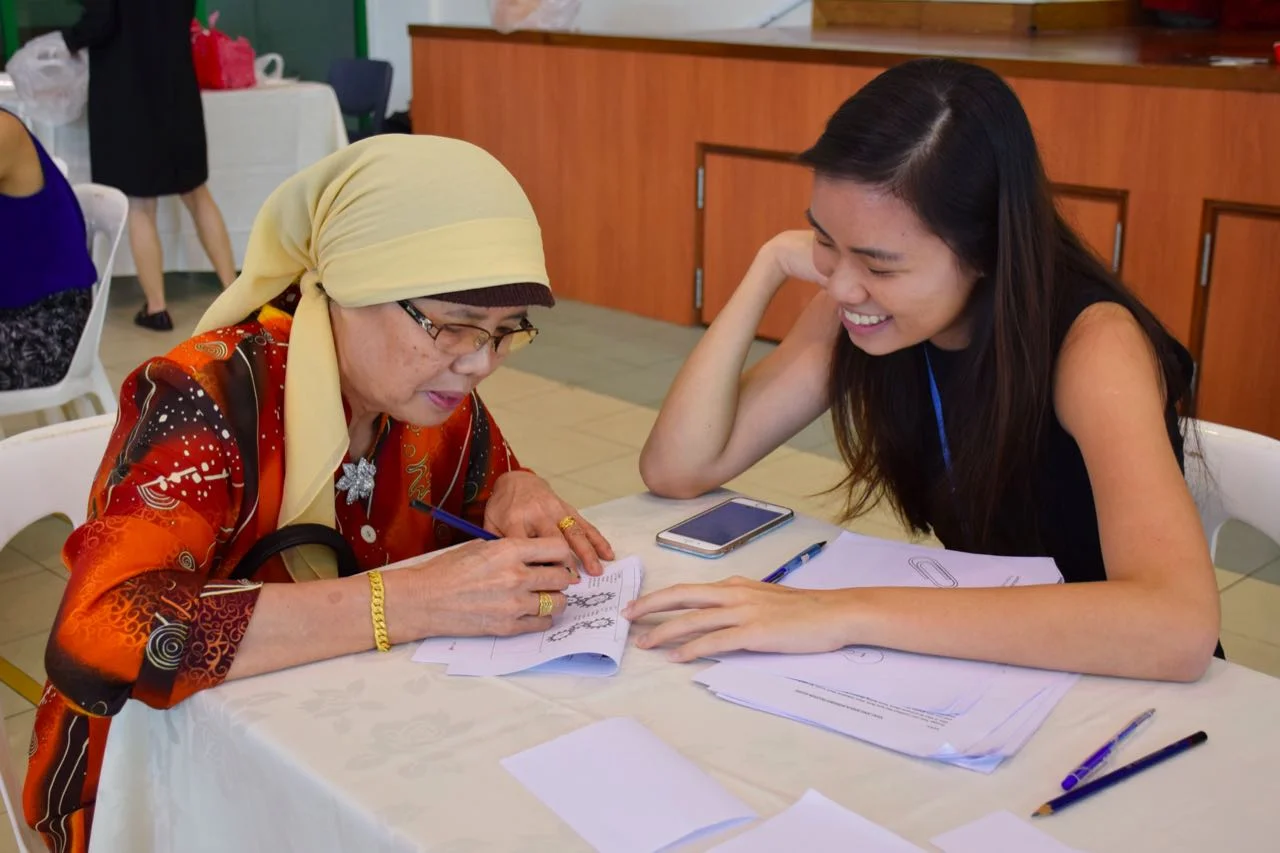Code Blue is an event-based project centred on the gamification of first aid.
Despite having a million people trained in CPR in Singapore, there remains a majority of the public unaware or unwilling to learn first aid. Moreover, trained first aiders lack the motivation and confidence to perform first aid in emergencies, resulting in persistently high out-of-hospital mortality. We attribute the high cost and didactic nature of traditional first-aid courses as the major reason for this. Hence, Code Blue aims to fill this gap.
We do this by gamifying first aid, and making it free for public. As part of the game, participants would have to locate a casualty and perform first aid which they have learnt at the peripheral booths, while being exposed to dangers simulating emergencies. With this added element of fun, we hope that participants would be able to learn first aid in an interactive environment, better retain the first aid skills learnt, and go on to upgrade their first aid skills.
